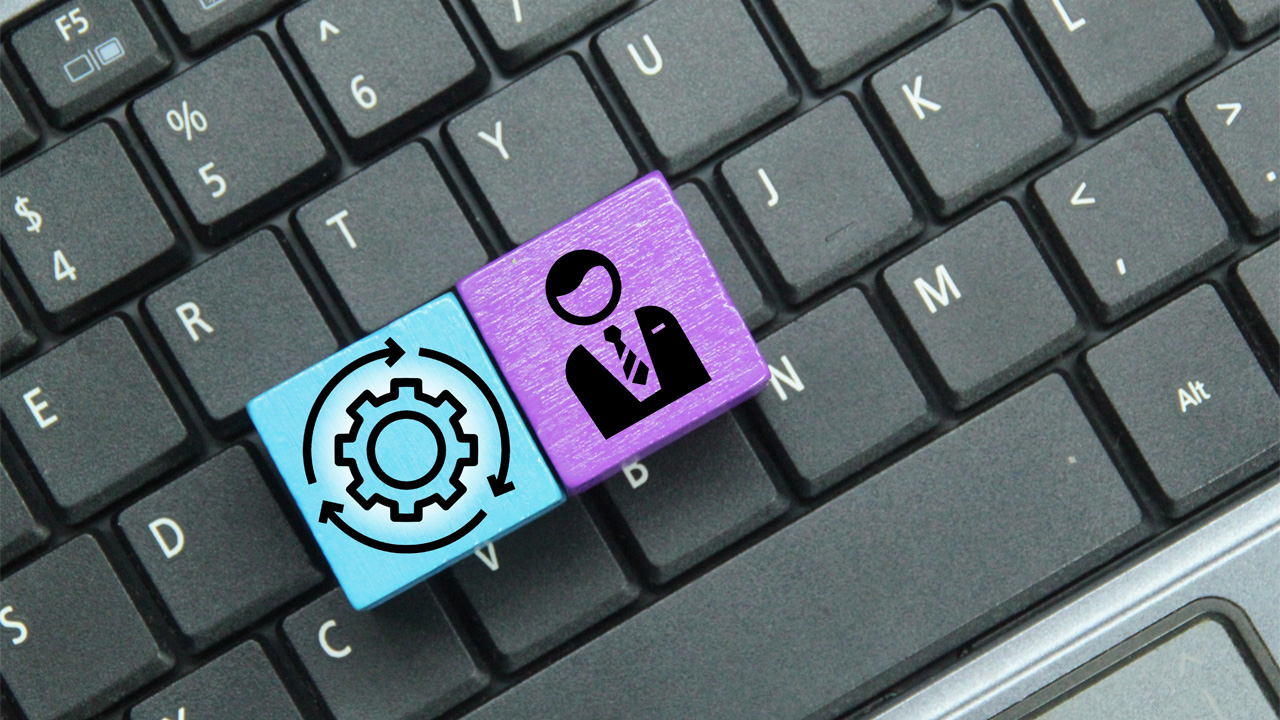
The Future of HR: How Automation is Transforming Human Resource Management
Introduction
In today’s fast-paced digital era, the human resources (HR) function is undergoing a radical transformation. What was once a paper-heavy, manual department is now embracing automation and smart technology to drive efficiency, accuracy, and employee satisfaction. Companies that adapt to these changes early stand to gain a significant competitive edge.
At It’s HR, we help businesses harness the power of Microsoft’s Power Platform—especially Power Automate, Power Apps, and Power BI—to modernize their HR operations. In this blog, we’ll explore how automation is redefining HR, the benefits it brings, and how you can implement it successfully in your organization.
The Challenges of Traditional HR Operations
Traditional HR systems often rely on repetitive tasks, fragmented tools, and outdated processes. These systems are not only time-consuming but also prone to errors and inefficiencies. Some of the most common issues include:
-
Delays in onboarding and approvals
-
Manual data entry errors
-
Inefficient document handling
-
Inconsistent employee communication
-
Poor visibility into workforce analytics
These challenges can lead to decreased employee satisfaction, compliance issues, and operational bottlenecks.
Enter HR Automation: The Game-Changer
HR automation refers to using digital tools and workflows to manage routine HR tasks without constant human intervention. From sending offer letters to triggering payroll calculations, automation allows HR departments to work smarter, not harder.
Key Automation Tools in the Microsoft Ecosystem:
-
Power Automate: Streamlines workflows such as approvals, alerts, and notifications.
-
Power Apps: Enables creation of custom HR applications for tasks like leave requests, feedback collection, and onboarding.
-
Power BI: Offers advanced data visualization to track HR metrics, diversity, turnover rates, and performance trends.
Use Cases: Real Automation in Action
Here are some real-world examples where automation is making HR more agile:
1. Employee Onboarding
Automatically generate offer letters, assign onboarding tasks, schedule training, and notify relevant departments using Power Automate.
2. Leave Management
Employees can submit leave requests via a Power App, which routes to managers for approval, then syncs with calendars and payroll.
3. Performance Reviews
Create a workflow that reminds managers and employees to complete reviews, collects responses via forms, and analyzes results in Power BI.
4. Employee Exit Process
Trigger automated checklists for asset return, feedback forms, exit interview scheduling, and HR documentation.
Benefits of HR Automation
Implementing HR automation can yield several tangible benefits:
-
Time Savings: Eliminate repetitive tasks and manual data entry.
-
Improved Accuracy: Reduce the risk of human error.
-
Better Compliance: Ensure consistent documentation and processes.
-
Increased Engagement: Free up HR professionals to focus on strategic initiatives.
-
Data-Driven Decisions: Gain real-time insights into workforce metrics with Power BI.
How IT’s HR Can Help
At It’s HR, we don’t just advise on automation—we build, implement, and manage it. Our team designs customized workflows and apps tailored to your business. We integrate your HR systems with Microsoft tools to help you:
-
Automate day-to-day HR processes
-
Customize dashboards for reporting
-
Build scalable HR solutions that grow with your company
Whether you’re a small business or an enterprise, our solutions adapt to your needs.
Final Thoughts
The future of HR is digital, data-driven, and automated. Organizations that invest in HR automation not only save time and money—they also create better employee experiences and gain insights that fuel strategic growth.
Are you ready to modernize your HR function? Reach out to It’s HR today and discover how our Managed IT Services can help you automate, integrate, and innovate.